
Sustainable Landscapes
We are developing environmentally aware citizens that participate in sustainable, healthy lifestyles, and improving our landscapes statewide in collaboration with partners, stakeholders, and community members.
Program Spotlight
The UConn Center for Land Use Education and Research (CLEAR) provides information, education and assistance to land use decision makers, in support of balancing growth and natural resource protection.
Our Master Gardeners can answer your home horticulture questions and provide information on gardening topics. We also offer courses that are open to anyone, and you can apply to become a certified Master Gardener through our program.
NRCA engages diverse teen and adult participants in natural resources conservation through place-based, experiential outdoor education, and facilitate community action through collaborative partnerships that contribute to local environmental solutions.
Find a Program
Center for Land Use Education And Research (CLEAR)
CLEAR is a partnership of the Department of Extension and the Department of Natural Resources and the Environment at the College of Agriculture, Health and Natural Resources, and the Connecticut Sea Grant College Program. Support for CLEAR comes from UConn and from state and federal grants.
Connecticut Institute of Water Resources (CTIWR)
The Connecticut Institute of Water Resources is located at the University of Connecticut. The institute's mission is to collaborate with and serve all colleges and universities in the state to resolve state and regional water-related problems and provide a strong connection between water resource managers and the academic community, in addition to sharing the results of water resources research and other information with the general public.
CT Invasive Plant Working Group (CIPWG)
The Connecticut Invasive Plant Working Group (CIPWG) is a consortium of individuals, organizations, and agencies concerned with invasive plant issues.
CT Sea Grant
Connecticut Sea Grant works toward achieving healthy coastal and marine ecosystems and consequent public benefits by supporting integrated locally and nationally relevant research, outreach, and education programs in partnership with stakeholders.
CT Trail Census
The Connecticut Trail Census is an innovative statewide volunteer-based data collection and education program that encourages data-informed decision making and promotes active citizen participation in multi-use trail monitoring and advocacy. The Trail Census includes trail use counts recorded by infrared pedestrian counters, trail user intercept surveys administered by trained volunteers, and public education programs. The project is statewide and serves community leaders and decision makers including local elected officials, planners, economic development professionals, trail advocates, trail maintenance professionals, environmental, health and outdoor activity advocates, as well as the general public. The program was developed as a partnership program between the University of Connecticut, the Naugatuck Valley Council of Governments, the Connecticut Greenways Council, and local trail advocacy organizations.
Geospatial Technology Program (GTP)
The GTP is a part of the Center for Land Use Education and Research (CLEAR) within the University of Connecticut College of Agriculture, Health and Natural Resources. GTP collaborates with other CLEAR programs on various projects in an effort to create the most useful tools and resources for municipal officials.
Integrated Pest Management
Integrated Pest Management (IPM) is a sustainable and scientific approach to managing pests. IPM practitioners base decisions on information that is collected systematically as they integrate economic, environmental, and social goals. This approach applies to any situation, agricultural or urban, and is flexible enough to accommodate the changing demands of agriculture, commerce, and society.
Master Gardeners
The UConn Extension Master Gardener Program is an educational outreach program that is part of UConn Extension. The program started in 1978 and consists of horticulture training and an outreach component focused on the community at large. Master Gardeners are enthusiastic, willing to learn and share their knowledge and training with others. What sets them apart from other home gardeners is their special horticultural training. In exchange for this training, Master Gardeners commit time as volunteers working through their local UConn Extension Center and the Bartlett Arboretum in Stamford to provide horticultural-related information to the community.
Land Use Academy
The Land Use Academy provides practical education for local land use decision makers in Connecticut. The program focuses on the fundamental knowledge and skills needed to serve effectively on a local land use commission. The academy is a partnership of UConn CLEAR, the CT Bar Association, and the CT Office of Policy and Management, and has been around (in various forms under various pseudonyms) for more than thirty years.
Municipal Stormwater
This guide was developed by the NEMO program at the UConn Center for Land Use Education and Research with funding from the Connecticut Department of Energy and Environmental Protection (DEEP). It is part of a broad outreach effort to provide guidance, training, tools, and other support to help Connecticut MS4 communities and institutions comply with the revised MS4 general permit. This website is frequently updated and materials will be added throughout the five-year project period (fall 2016–fall 2021) based on deadlines for various requirements and community needs or requests.
Natural Resources Conservation Academy (NRCA)
NRCA is an innovative program in conservation and land use planning that engages Connecticut high school students, adult conservation volunteers, and teachers with conservation efforts at the community level. NRCA’s three interconnected efforts benefit students and adults by providing education on natural resource management and geospatial technology, and facilitating the use of these new skills in the implementation of local conservation projects that benefit the community.
People Active on Trails for Health and Sustainability
PATHS (People Active on Trails for Health and Sustainability) is an interdisciplinary team of University of Connecticut extension educators, faculty, and staff committed to understanding and promoting the benefits of trails and natural resources for health, community & economic development and implementing a social ecological approach to health education. The UConn Extension PATHS team works in a wide variety of departments and disciplines including public health, health education, nutrition, community development, and landscape architecture.
Pesticide Safety Education Program
The goals of the Pesticide Safety Education program are to ensure that anyone using pesticides uses them safely. Pesticides are important tools in pest management, but they and must be respected for what they are and handled in a manner that protects the applicator, the public, the environment, and our food supply.
Plant Diagnostic Laboratory
The UConn Plant Diagnostic Laboratory diagnoses plant problems including diseases, insect pests and abiotic causes. Techniques used for diagnosis include visual inspection, digital images, microscopy, incubation, baiting, culture, nematode services, and serological tests.
Soil Health & Conservation
Our approach is to provide a team (with expertise in agronomy, engineering, pasture management, cover cropping, manure management, livestock and vegetable production, soil health, farming in a changing climate, food safety, weed management, farm energy use, and farm viability) to work with individual farmers in the watershed. By working with individual farmers to address their specific goals and challenges, we are seeking to build soil health and restore and protect water quality.
Wildlife
The Wildlife Management program emphasizes both applied and basic research in wildlife ecology, management, education, and extension. It concentrates on the problems and opportunities facing wildlife resources at the state, regional, and international levels.
The Wildlife Management program focuses on:
- Predator-prey relationship
- Urban and suburban wildlife
- Migratory wildlife species
- Wildlife-human interaction
- International wildlife
4-H Youth
4-H is the youth development program of UConn Extension. As part of the University of Connecticut, 4-H has access to research-based, age-appropriate information needed to help youth reach their full potential. The mission of 4-H is to assist all youth ages 5-18 in acquiring knowledge and developing leadership and life skills while forming attitudes that will enable them to become self-directing, productive, and contributing members of their families and communities.
Contact an Educator
Deb Abibou – Sustainable and Resilient Communities
Sarah Bailey – Master Gardener
Nancy Balcom – Seafood Safety, Marine Fisheries
Renata Bertotti – Land Use Planning & Climate Change
Mark Brand – Nursery Production, Commercial
Cary Chadwick – Geospatial Technologies and Training
Laura Cisneros – Environment & Sustainability
David Dickson – Water Resources Management
Mike Dietz – Water Resources Management
Maryann Fusco-Rollins – 4-H
 Maryann Fusco-Rollins
Maryann Fusco-Rollins
Center Coordinator & 4-H Youth Development Program Coordinator
860-875-3331
Nicole Freidenfelds – Natural Resources Conservation Academy
Nick Goltz – Plant Diagnostics
Jason Henderson – Turfgrass Science
John Inguagiato – Turf Pathology
Charles Krasnow- Commercial Greenhouse Production
Srikanth Kodati – Crop Protection
Lauren Kurtz – Invasive Plants
Julia Kuzovkina-Eischen – Ornamental Horticulture
Mary Looney – Municipal Stormwater
Jessica Lubell-Brand – Horticulture, Plant Science
Amelia Magistrali – Soil Health
Morty Ortega – Wildlife
Qian (Rachel) Lei-Parent – GIS/Remote Sensing
Emily Picard- 4-H
Owen Placido – Nature- Based Approaches to Resilience
Rosa Raudales – Greenhouse Educator
Mayra Rodríguez González – Urban and Community Forestry
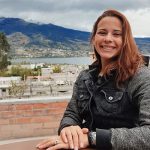 Mayra Rodríguez González
Mayra Rodríguez González
Urban and Community Forestry, Environmental Justice
mayra.rodriguez_gonzalez@uconn.edu
860-409-9079

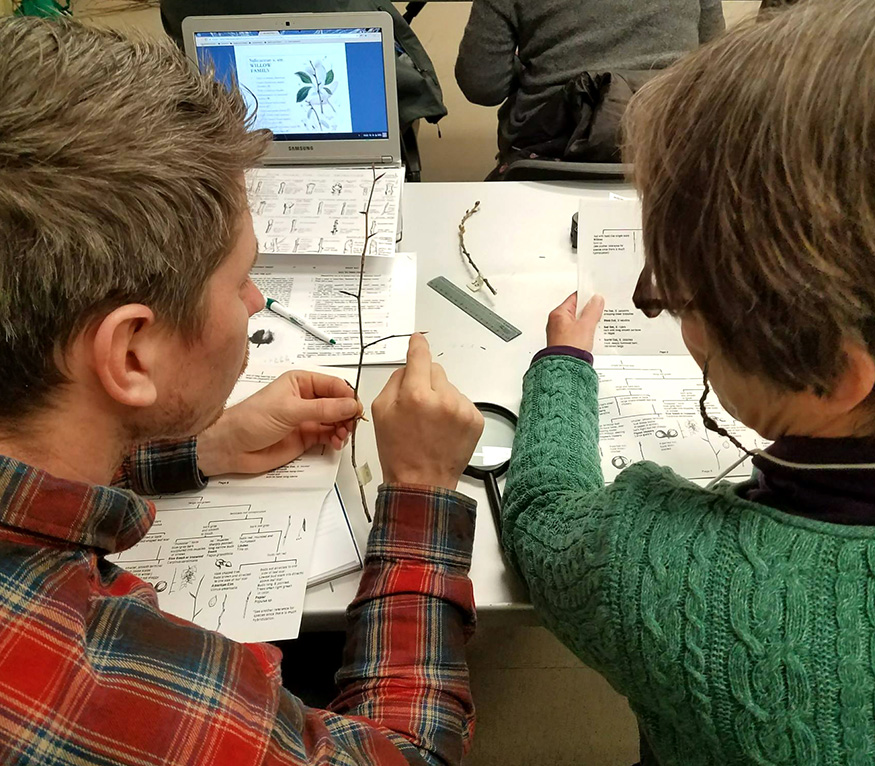
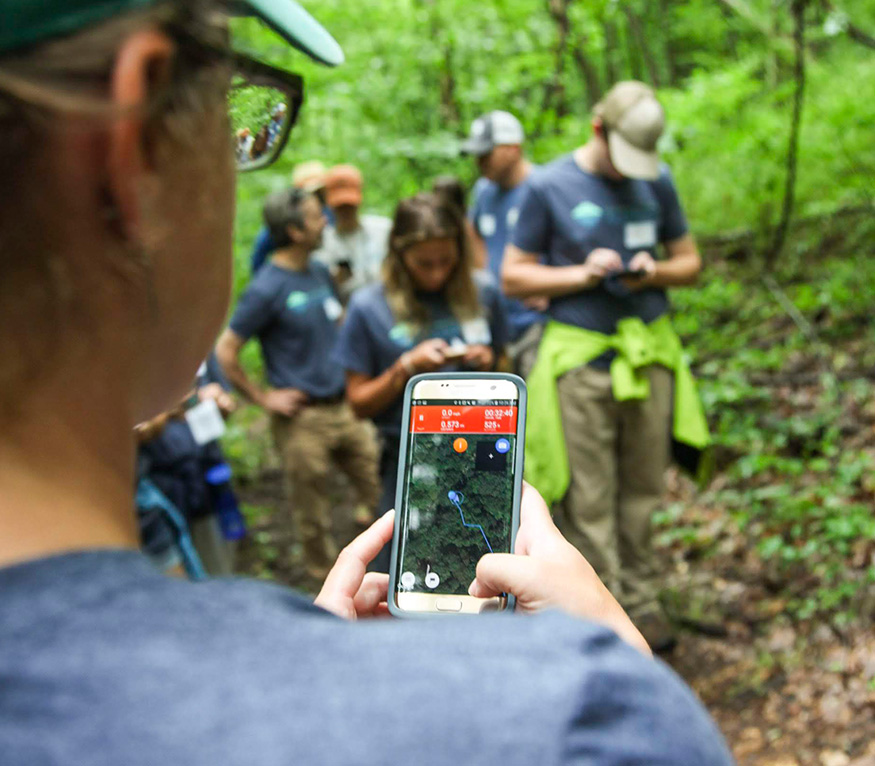
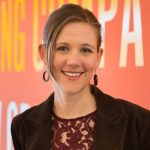
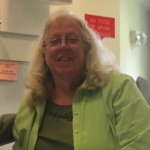 Sarah Bailey
Sarah Bailey Nancy Balcom
Nancy Balcom Renata Bertotti
Renata Bertotti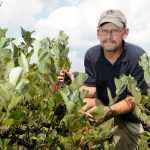 Mark Brand
Mark Brand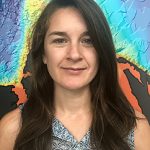 Cary Chadwick
Cary Chadwick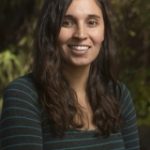 Laura Cisneros
Laura Cisneros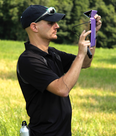 David Dickson
David Dickson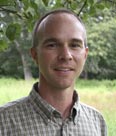 Mike Dietz
Mike Dietz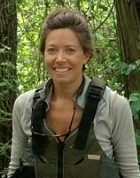 Nicole Freidenfelds
Nicole Freidenfelds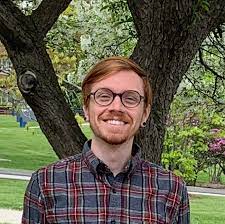 Nick Goltz
Nick Goltz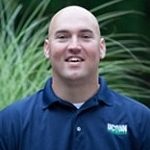 Jason Henderson
Jason Henderson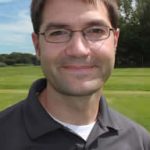 John Inguagiato
John Inguagiato 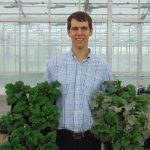 Charles Krasnow
Charles Krasnow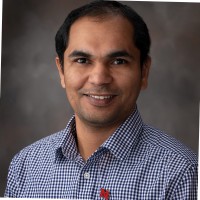 Srikanth Kodati
Srikanth Kodati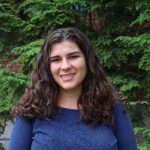 Lauren Kurtz
Lauren Kurtz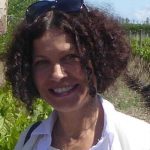 Julia Kuzovkina-Eischen
Julia Kuzovkina-Eischen Mary Looney
Mary Looney Jessica Lubell-Brand
Jessica Lubell-Brand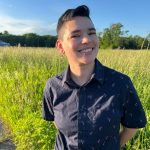 Amelia Magistrali
Amelia Magistrali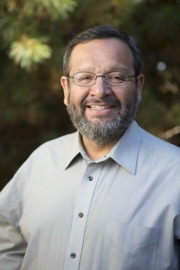 I. Morty Ortega
I. Morty Ortega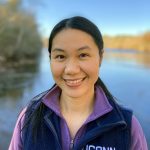 Qian (Rachel) Lei-Parent
Qian (Rachel) Lei-Parent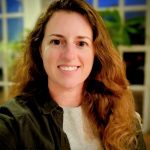
 Owen Placido
Owen Placido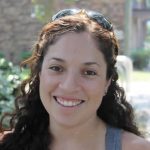 Rosa Raudales
Rosa Raudales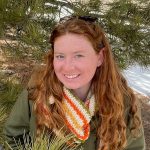 Halie Shea
Halie Shea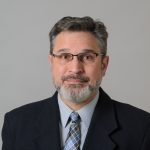 Jason Vokoun
Jason Vokoun Victoria Wallace
Victoria Wallace Emily Wilson
Emily Wilson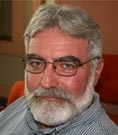 Thomas Worthley
Thomas Worthley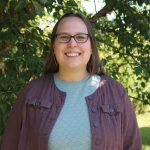 Heather Zidack
Heather Zidack UConn Home & Garden Education Center
UConn Home & Garden Education Center